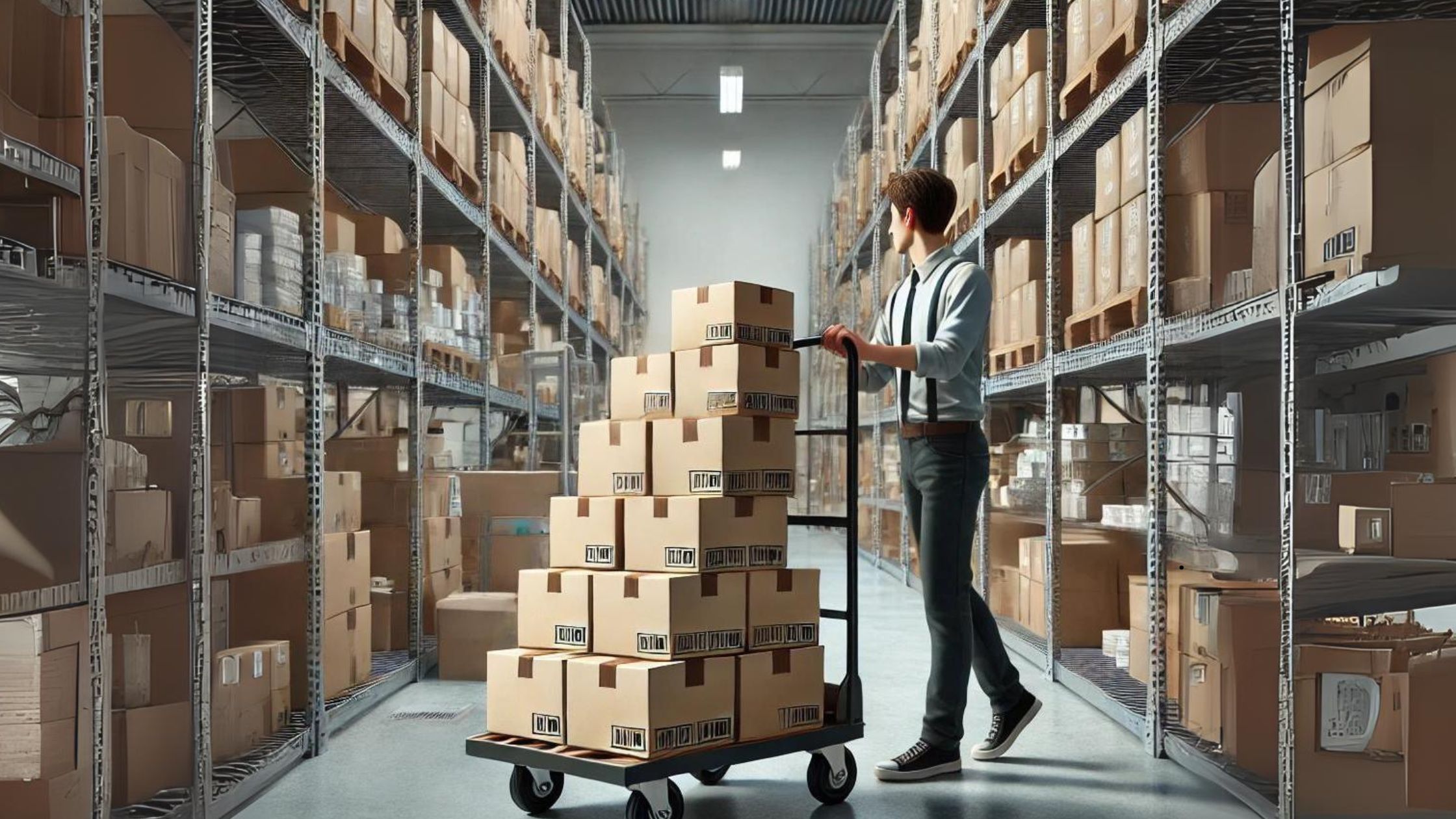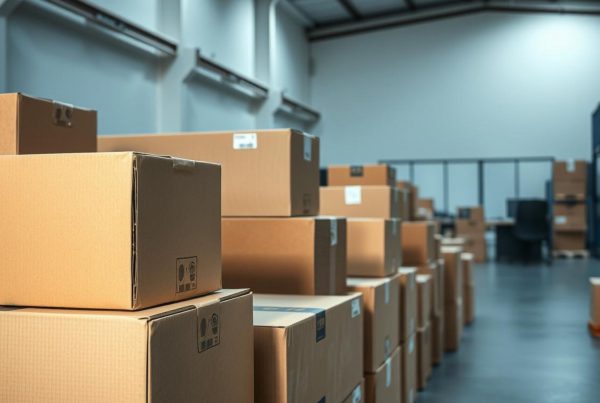Shipping plays a make-or-break role in customer satisfaction and operational efficiency – it’s the secret sauce that can elevate a business or drop it to dismal depths. Imagine the sense of relief when your products arrive at their destination in pristine condition. It all starts with selecting a quality shipping box that’s up to the task. Watching customers light up when they receive a beautifully packaged product, and then seeing the resulting lift in sales – that’s what gets me excited about my job as a supply chain manager focused on sustainable, cost-effective solutions. Getting your products from point A to point B requires more than just any old box. We’re about to get specific on the kinds of box standard that’ll make all the difference.
Understanding Standard Shipping Boxes
What Are Standard Shipping Boxes?
For many businesses, packaging hinges on the humble standard shipping box. We’ve crafted these boxes to be trifecta winners: they’re rugged, cost-effective, and can handle whatever products you throw their way. Resistance to impact and pressure is built right into the corrugated cardboard, making it the perfect defense against damage during shipping.
Why Are They Important?
Using standard shipping boxes ensures consistency and reliability in your shipping process. These boxes are tested to meet industry standards, ensuring they can withstand the rigors of shipping. This consistency helps in maintaining quality shipping standards and reduces the risk of damaged goods.
Quality Shipping Supplies: Key to Safe Deliveries
Factors Determining the Quality of a Shipping Box
Not all boxes are created equal. Here are some key factors that determine the quality of a shipping box:
- Material Strength: High-quality boxes are made from durable materials like corrugated cardboard.
- Design: Boxes with reinforced edges and flaps provide extra protection.
- Size and Fit: Ensuring the box fits the product snugly to prevent movement during shipping.
Examples of Quality Shipping Supplies
- Standard Strength Boxes: These boxes are ideal for most shipping needs. They are strong and reliable, perfect for a variety of products.
- Small Boxes to Ship: For smaller items, using appropriately small boxes to ship can save on shipping costs and provide adequate protection.
Types of Standard Shipping Boxes
Regular Slotted Containers (RSC)
The most common type of box, RSCs are cost-effective and easy to assemble. They are perfect for general-purpose shipping and storage.
Half-Slotted Containers (HSC)
HSCs are similar to RSCs but without one set of flaps. They are ideal for situations where the box needs to be quickly accessed.
Full-Overlap Containers (FOL)
FOLs provide extra strength with their overlapping flaps. They are great for heavier items or items that require more protection.
Telescoping Boxes: Versatile and Adjustable Solutions
What Are Telescoping Boxes?
Telescoping boxes consist of two parts: a top and a bottom that fit over each other. This design allows for adjustable height, making them perfect for items of varying sizes.
Benefits of Telescoping Boxes
- Adjustability: The height can be adjusted to fit different products.
- Protection: Offers superior protection with double walls on all sides.
- Versatility: Can be used for a wide range of products, from flat items to bulky goods.
Explore telescoping boxes for sale for versatile packaging solutions.
Shipping Small Boxes: Efficient and Cost-Effective Options
Importance of Using the Right Size
Using the right size box for shipping small items is crucial for cost efficiency and protection. Oversized boxes can lead to higher shipping costs and increased risk of damage due to movement inside the box.
Examples of Standard Small Boxes
- Small Shipping Boxes: Ideal for compact items, ensuring they are well-protected and cost-effective to ship. Check out shipping small boxes that cater to various needs.
Sustainable Packaging Practices
Why Sustainability Matters
Sustainability in packaging is no longer optional; it’s a necessity. Eco-friendly packaging practices not only reduce environmental impact but also appeal to environmentally conscious consumers.
Eco-Friendly Materials and Practices
- Recycled Materials: Using boxes made from recycled cardboard.
- Minimal Packaging: Reducing excess packaging material.
- Reusable Boxes: Designing boxes that can be reused multiple times.
Choosing the Right Shipping Boxes for Your Business
Factors to Consider
- Product Type: Consider the size, weight, and fragility of the product.
- Shipping Method: Different shipping methods (air, sea, land) may require different types of boxes.
- Customer Expectations: High-quality packaging can enhance customer satisfaction and brand perception.
Role of a Supply Chain Manager
As a supply chain manager, it’s essential to balance cost, quality, and sustainability. This involves sourcing quality shipping supplies that meet both business and environmental goals. For a variety of standard boxes and other packaging solutions, you can rely on reputable suppliers like The Boxery.
Conclusion
Choosing the right shipping boxes is a vital aspect of a business’s shipping strategy. From standard shipping boxes to specialized options like telescoping boxes, making informed choices can lead to better protection, cost savings, and enhanced customer satisfaction. By integrating sustainable practices, businesses can also contribute to environmental conservation while maintaining efficiency.
About The Boxery
The Boxery offers a wide range of quality shipping supplies that cater to various business needs. From a standard box to a telescoping box, The Boxery ensures high-quality products that meet industry standards. Their commitment to providing sustainable and cost-effective packaging solutions makes them a reliable partner for businesses aiming to optimize their shipping processes.





Recent Comments